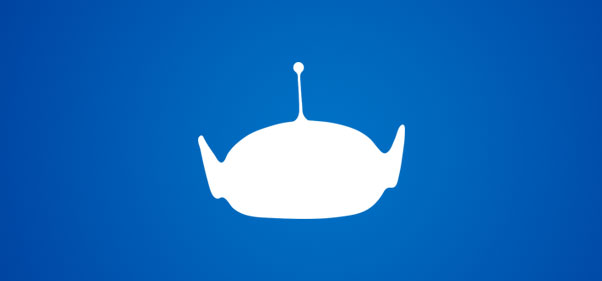French author convicted of fraud for saying Disney’s Finding Nemo copied him
Verena Von Derschau
Canadian Press
Wednesday, April 20, 2005
French children’s book author Franck Le Calvez looks at a fluffy fish Nemo, Disney’s “Finding Nemo”‘s main character, in this recent file photo.
PARIS (AP) – A French children’s book author who claimed Disney’s blockbuster Finding Nemo copied a fish of his creation, was convicted of fraud Wednesday and ordered to pay about $80,000 US in damages and legal fees.
Franck Le Calvez had argued that the lovable title character in Finding Nemo was based on his smiling orange-white clown fish named Pierrot.
He had already lost one legal battle last March when a court ruled that the two fish were similar – both have big smiles and sport three stripes down the side – but that their similarities were not enough to confuse people.
Maintaining the argument that The Walt Disney Co. copied his character, Le Calvez had launched a separate legal battle, and that bid was rejected Wednesday.
The court ruled that Nemo had existed before Pierrot and that Le Calvez was aware of the Disney character when he created his own.
Le Calvez was ordered to pay $49,600 US in damages and interest to Disney and Pixar Animation, which together own Nemo, and to France-based publisher Disney-Hachette Editions. He was also ordered to reimburse legal fees of $30,000 US to the three companies and to pay the cost of printing the ruling in three publications of Disney’s choice.
The French author argued that Nemo’s creators copied his character and story, Pierrot the Clown Fish, about a young fish separated from his family – a plot similar to Finding Nemo.
Le Calvez published his book in late 2002, though he had claimed that the story was registered years before.
The court ruled that Nemo was visible in France by mid-2002 both on the Internet and in previews of Finding Nemo that were available on video cassettes for other Disney films from September of that year.
Disney lawyer Magali Thorne had argued that her client’s clown fish was already drawn up by 2000. The court ruled that Le Calvez “had knowledge” of the Disney character and had fraudulent intentions when he registered his own brand.
Thorne said that Disney was “very, very, very happy” with the decision.
© The Canadian Press 2005


